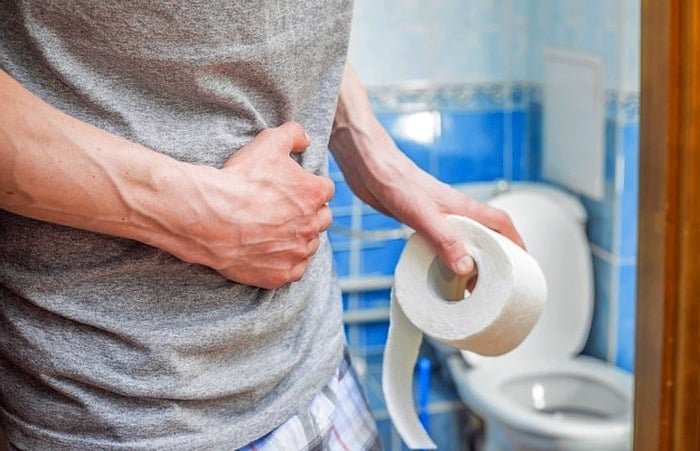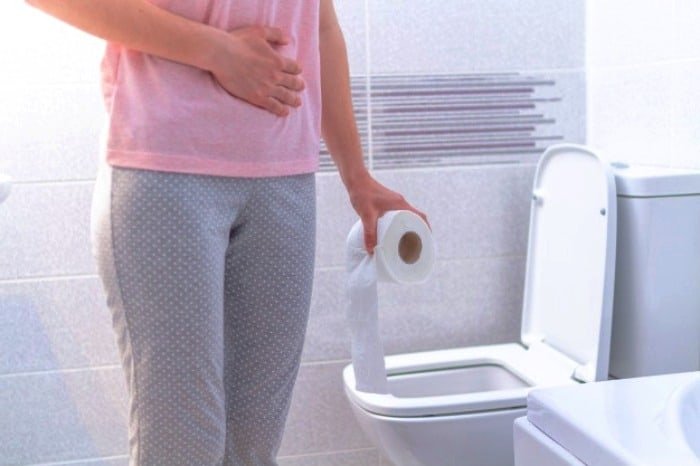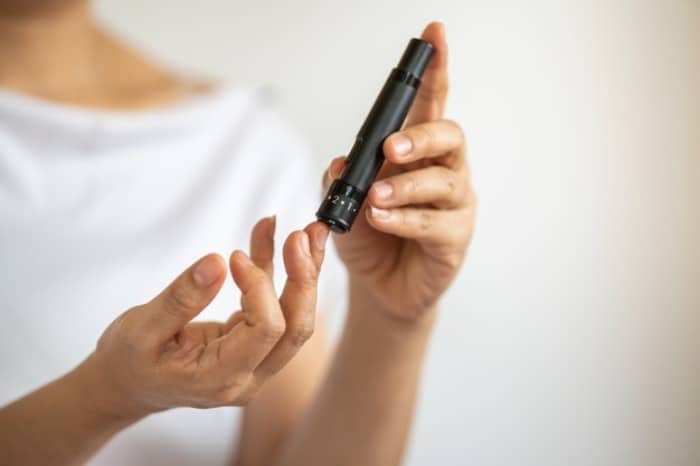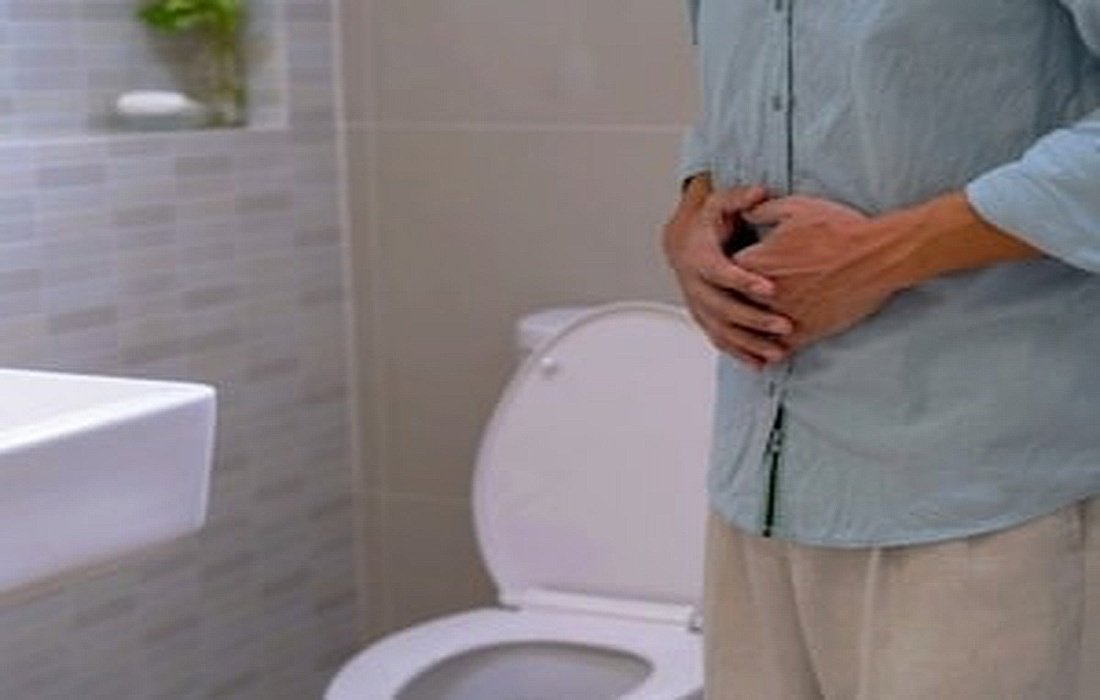Benefits and Incredible PowersHuman Feces
Fecal transplantation is a treatment where a doctor transfers feces from a healthy person to another individual to balance bacteria in the body. This process helps treat stomach infections and other conditions. The digestive system can absorb nutrients depending on the type of beneficial bacteria present and utilize them effectively.
Some conditions andantibioticscan wipe out these beneficial bacteria. Fecal transplantation is a healthy way to address these issues. Other names for fecal transplantation include bacteriotherapy and microbiota. In this section of healthSelMagzwe talk about how this type of treatment works and which conditions can be treated.
What is fecal transplant?
Transplanting feces from a healthy person enables the recipient’s body to grow healthy, beneficial bacteria that can treat infections and reduce their severity. The human gut needs to maintain balance among different bacteria. When these bacteria lose their balance, a person can suffer fromdiarrheaand intestinal problems.
In some cases, they can treat infections in the gut and eliminate beneficial bacteria. A high percentage of individuals who use antibiotics are likely to suffer from stomach infections, which can lead to diarrhea, worsening the condition. These antibiotics may also cause other issues and disturbances, which fecal transplantation can help with.

The doctor carefully examines the donor from all aspects to ensure their feces is healthy. They also check for various diseases such ashepatitisIn most cases, the doctor performs this treatment using a colonoscopy.
A colonoscope is a small, flexible tube that is inserted through the rectum and into the intestines, and before doing this, sedative medications are used to prevent pain and discomfort for the individual.
Another approach is to introduce liquid feces into the body through an enema instead of using a colonoscope. Fecal transplantation has existed in traditional Chinese medicine for over 1700 years.
In the past, this process involved drinking fluids from another person, which had a very high risk, but today all equipment and materials used are thoroughly sterilized, making it relatively safe.

Uses of human fecal transplantation
Doctors use this treatment to improve various diseases, such as Clostridium difficile, which kills about one thousand five hundred people worldwide every year. It can also treat intestinal inflammation.
This type of transplantation is very effective in treating dangerous conditions. 70% of individuals experience no symptoms after using this method, and their overall treatment has about a 90% chance of success.
After undergoing this treatment, individuals may have weaker bowel movements. However, this method can also be used preventively, as existing intestinal inflammation can lead to more diseases. Inflammatory bowel disease can also be treated by up to 78% with this method.
The restless bowel syndrome is also treated with this method, leading to a wide range of digestive problems. While research on this treatment is not yet complete, it can positively impact our overall health and ultimately treat a wide variety of issues.
Important therapeutic benefits of human fecal transplantation
Some individuals have reported thatdepressionand madness can also be alleviated by addressing gut issues, as gut problems affect the body’s ability to absorb and utilize nutrients.
It can also treat the following conditions:
- Diabetes
- syndromeChronic fatigue
- Fibroids
- Obesity
- Mood disorders like depression
- Hay fever
- Fatty liver disease

Risks and Concerns
Many studies state that this treatment is completely safe, especially if properly pre-screened. Doctors generally do not know about the long-term safety of this treatment, but it is usually considered a safe method.
Some individuals may have antibiotic-resistant infections and in these situations, it may be better not to use this method. Taking antibiotics after this treatment can lead to complications and risks. Therefore, it’s essential to discuss medication and antibiotic dosage with your doctor.
While research shows that this method is safe, many people still fear undergoing it. Some individuals are afraid of contamination and dislike the idea of someone else’s feces entering their bodies. However, sometimes intestinal diseases can progress to the point where a person is willing to undergo this procedure and overcome their fear andanxietyabout it.
Risk factors that lead to treatment failure
The following factors lead to treatment failure:
- Being female
- History of hospitalization
- Surgery before transplantation
An important point is that if this treatment fails, the bacteria are still able to grow, multiply, fight infections, and improve the person’s health. However, not all doctors specialize in this.
Therefore, it is very important to consult a doctor who has performed this procedure several times and has sufficient expertise to determine if you are a suitable candidate for this.







